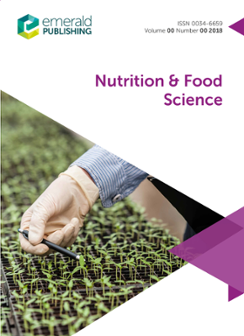Table of contents
A HISTORY LESSON IN FOOD
Phillipa PullarWhat people eat depends mainly upon two things. First, quite simply, the products their land can yield. Secondly, and more diffused, the measure of civilization they have…
SCHOOL MEALS: Why school dinners?
C. Simpson Smith“Million fewer buy school meals”, “School meals fall angers M.P.s”, “School meals shock for Minister” — these are some of the headlines in the national press in recent months as a…
AGRIBUSINESS
D.P. RichardsonFactory farming, artificial fertilisers, pesticides, herbicides and more recently antibiotics have all added fuel to the great emotional fire that is fanned when scientists are…
EEC
Patricia McLaughlinThe pattern of modern life in the Common Market countries is changing so rapidly that what I thought I knew of France over many years of visiting and serving on the Council of…
THE HUNTINGDON RESEARCH CENTRE
Donald W. JollyThe most progressive nations are those whose dietary status is good and where food is abundant and cheap. This needs a highly productive agricultural industry which in turn…
SMELL
Henry HeathIn nature the siting of the organs responsible for picking up odours is very variable. In vertebrate animals such as man, the forward part of the head, usually just above the…
NEW PROTEINS FOR OLD?
David BenderOne important aspect of the world food problem is the shortage of protein foods. While energy yielding foods can readily be raised in large amounts (for example, cassava, which is…

ISSN:
0034-6659Online date, start – end:
1971Copyright Holder:
Emerald Publishing LimitedOpen Access:
hybridEditor:
- Dr Vijay Ganji